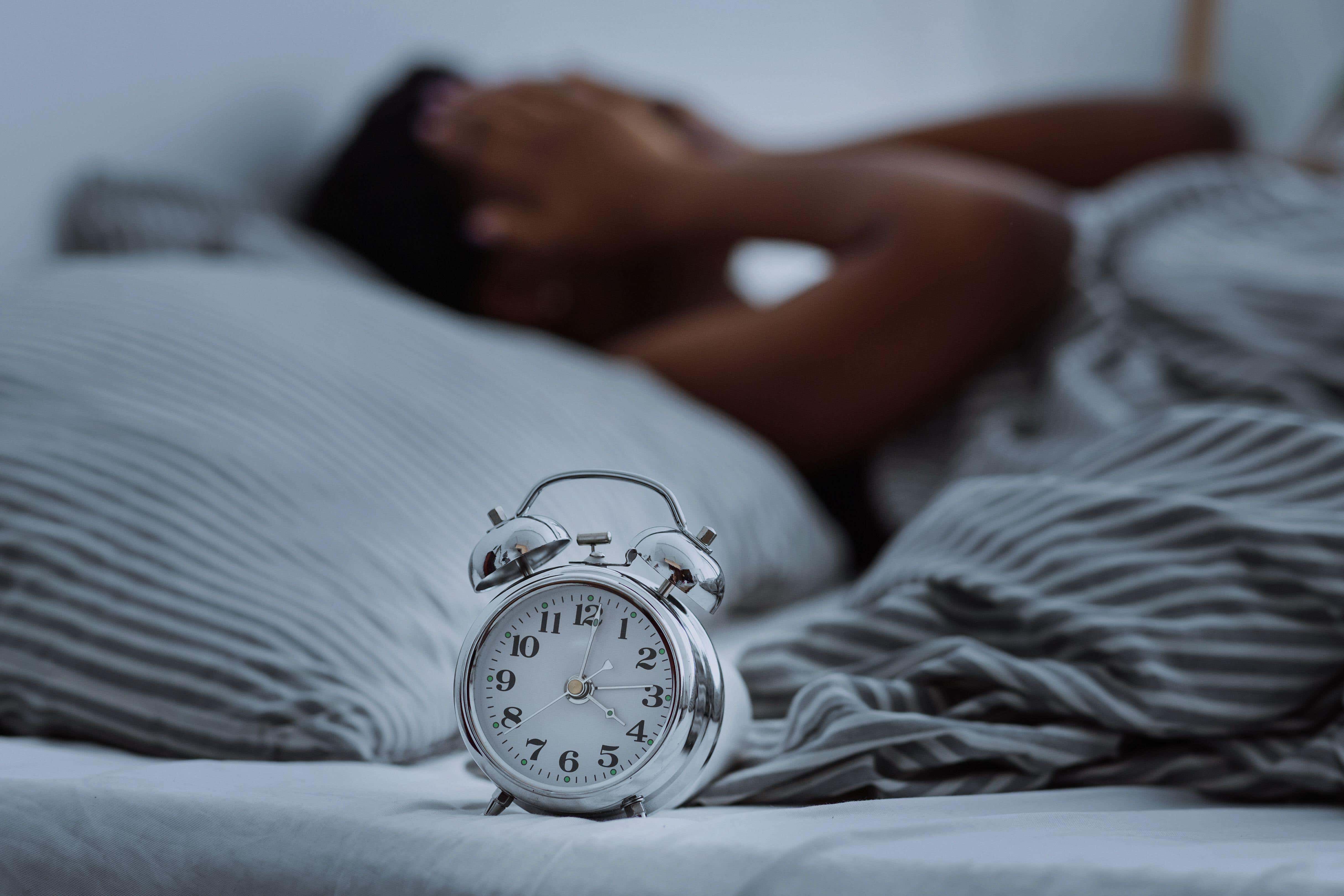Should I see a doctor about my bad sleep?
To celebrate World Sleep Day, experts suggest how you can establish healthier habits. By Imy Brighty-Potts.

Your support helps us to tell the story
From reproductive rights to climate change to Big Tech, The Independent is on the ground when the story is developing. Whether it's investigating the financials of Elon Musk's pro-Trump PAC or producing our latest documentary, 'The A Word', which shines a light on the American women fighting for reproductive rights, we know how important it is to parse out the facts from the messaging.
At such a critical moment in US history, we need reporters on the ground. Your donation allows us to keep sending journalists to speak to both sides of the story.
The Independent is trusted by Americans across the entire political spectrum. And unlike many other quality news outlets, we choose not to lock Americans out of our reporting and analysis with paywalls. We believe quality journalism should be available to everyone, paid for by those who can afford it.
Your support makes all the difference.Struggling to sleep is a surefire way to leave you drained, grumpy and unproductive, but when does a bad night’s sleep a few times on the trot become a real problem?
According to DirectLine Group research, one in seven Brits survives on dangerously low levels of sleep a night, under five hours, and nearly three-quarters (71 per cent) of UK adults do not have the recommended seven to nine hours of sleep a night.
“If bad sleep is affecting your mental health, causing excessive daytime sleepiness, or insomnia, it is important to take action to address the issue before it becomes harder to manage, or starts to negatively affect your everyday life,” says Dr Elisabeth Honinx, neuropsychologist and researcher at health-tech company Moonbird.
Signs you’re not getting enough
You may not realise that disturbed sleep is putting your mental health at risk.
“Signs that interrupted sleep, or lack of it, may be impacting your mental health could include being moody and irritable, snapping at people during the day and poor concentration,” says Dr Suhail Hussain, a personal physician and private home-visiting GP.In fact, he says, “sleep and mental health are closely linked and poor sleep is often a sign of depression rather than the other way around.”
Even if your mental health is not struggling too much, you may need to speak to your doctor if you are laying awake with insomnia or feeling exhausted during the day.
“Signs of long-term insomnia include poor focus, puffy, red eyes, dishevelled appearance and dropping off during the day, which could cause potential accidents,” says Hussain.
Similarly, you should not be waking up too much at night.
“Waking up more than twice during the night could be problematic to your health,” Hussain explains.
“You need quality shut-eye to include all four phases of the sleep cycle including rapid eye movement sleep. Each sleep cycle should last about 90 minutes.”
Take matters into your own hands
Take a look at what you can do before going to the doctor.
“First, evaluate your habits. This involves looking at the factors that may be contributing to your poor sleep quality, such as your sleep environment, the timing and duration of your sleep, and any activities or substances that may be interfering with it,” says Honinx.
“I suggest you establish a regular sleep schedule and stick to it, even on weekends, and develop a relaxing bedtime routine, such as taking a warm bath, reading a book, or practising meditation or deep breathing exercises.”
“It’s also very important to create a comfortable sleep environment that is dark, cool, and quiet, so I recommend investing in blackout curtains, a sound machine, or even a humidifier to give you the best chance of getting to sleep,” she explains.
Speak to your GP about health concerns
“If you feel like your sleep difficulties are caused by an underlying medical condition such as sleep apnea, restless leg syndrome, or depression, or the symptoms are becoming unmanageable it’s best to speak to a doctor as you may need some form of medical intervention,” Honinx explains.
A doctor may be able to provide all kinds of help.
“This could be as simple as light therapy, where you expose yourself to natural daylight to help regulate your circadian rhythm, or more intense therapies such as cognitive behavioural therapy, which helps you change negative thought patterns and develop healthy sleep habits.”
But, it is important to “work on creating a healthy sleep environment and improving your sleep hygiene before asking your doctor for advice on more effective sleep methods,” Honinx says.
Read more: Best mattress